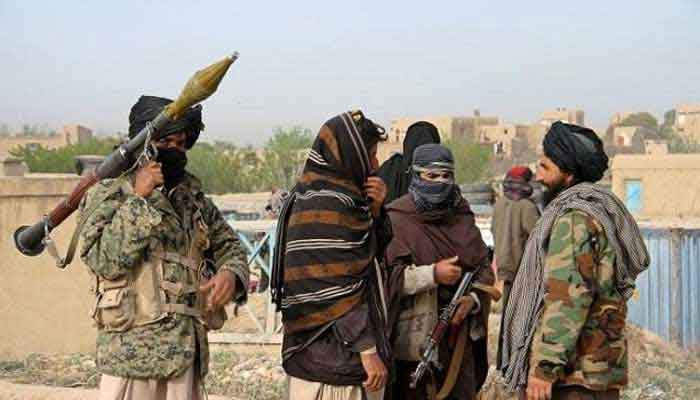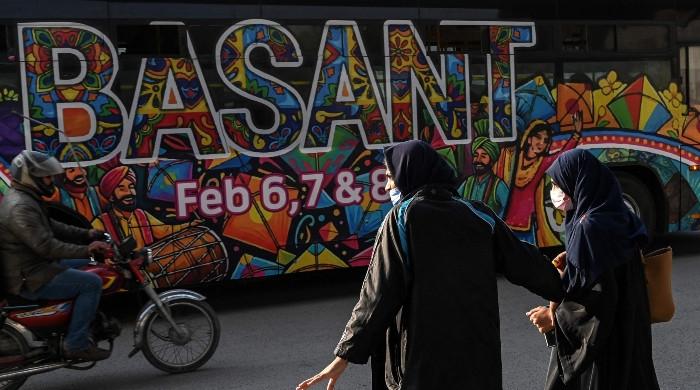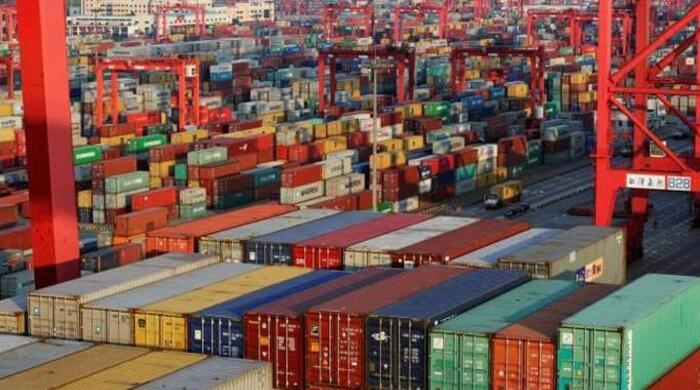The TTP is back
Public apprehension underscores urgency for a critical reevaluation of policies to safeguard nation’s security interests
January 15, 2024

Pakistan has long grappled with the persistent threat posed by the Tehreek-e-Taliban Pakistan, characterised by cycles of violence and subsequent governmental efforts to suppress their influence.
It was during the end of Musharraf’s government that Fazlullah captured Swat while Lal Masjid became a hotbed of extremism in the heart of Islamabad. Attacks started indiscriminately across Pakistan on a very regular basis.
Notably, the period between 2014 and 2018 saw a significant reduction in TTP-related incidents, owing in part to the implementation of the National Action Plan (NAP) by the PML-N government. The National Action Plan, devised in 2014, was a comprehensive strategy aimed at countering terrorism and extremism in Pakistan. It encompassed a multifaceted approach, including military operations against militant groups, reforms in the judicial system, madrassa regulation, and measures to curb hate speech and financing for terrorist organisations.
Under NAP, the PML-N government took stringent measures, which led to a considerable decrease in TTP-led attacks and restored a sense of stability in regions previously plagued by violence. However, the subsequent shift in government policy under former prime minister Imran Khan’s leadership altered the trajectory of these efforts.
The PTI government’s approach, notably marked by Khan’s assertion that the Afghan Taliban are our neighbours and allies fighting for their freedom, signified a departure from the adversarial stance of previous governments. In the National Assembly, Khan stated that Osama bin Laden was “martyred” by the US forces. Readers will also remember his statement about the Afghan Taliban “breaking the shackles of slavery” when the US forces left Afghanistan. It was all part of a strategy.
In the past when the TTP and other extremist groups were attacking Pakistan relentlessly, Imran Khan had claimed that this was because of the ongoing war in Afghanistan and the international forces that were there for nearly two decades after 9/11 as part of the "war on terror".
This change in rhetoric was accompanied by a controversial plan to resettle TTP elements within Pakistan, raising concerns among experts and the public regarding national security implications. There is also the issue of terrorists being among the approximately six hundred thousand Afghans coming into Pakistan during 2021.
Post-implementation of the resettlement plan, Pakistan has witnessed a disconcerting resurgence of Taliban-linked attacks in 2023. The frequency and intensity of these attacks have spread alarm across various regions, targeting both urban centers and rural areas, undermining the hard-won gains achieved through the National Action Plan.
So far this year there have been more than four hundred terrorist attacks throughout Pakistan. One wonders whether this is just the beginning and things are heading back to the post-2008 era when terrorism was rife throughout the country leading up to the horrific attacks on airports and the Army Public School. Readers may remember that these attacks were ruthless.
This resurgence in violence has significantly jeopardised public safety, calling into question the effectiveness of the PTI government’s strategy in addressing the terror threat. Public apprehension, along with concerns voiced by experts and opposition parties, underscores the urgency for a critical reevaluation of policies and approaches to safeguard the nation’s security interests.
It is now clear that the narrative peddled by Imran Khan throughout the past twenty years that the TTP is attacking Pakistan because we are supporting the Americans has proved to be wrong. The Americans have left Afghanistan but the attacks on Pakistan have returned with a vengeance. This is despite the full support given to the Taliban in Afghanistan by Imran Khan’s government. It is clear that the TTP will not be satisfied with any peace treaties or appeasement as they will not stop until they overthrow the state and implement their version of Shariah throughout the country. We can look at what is happening in Afghanistan to see what this means. This would be a state where women are no longer allowed to work or study and all opposition is eliminated.
As Pakistan grapples with the escalating TTP threat, revisiting the successful elements of NAP and aligning them with current security challenges has become imperative. Concerted efforts are needed to ensure that the safety and well-being of citizens remain paramount in the face of mounting security risks.
In conclusion, the trajectory from a successful containment of TTP threats through NAP to the resurgence of violence following a shift in policy underscores the gravity of the situation. Immediate action and a comprehensive, well-aligned strategy are essential to mitigate the escalating TTP threat and pave the way for a secure and peaceful future for Pakistan.
The writer has practised as a barrister in England and Pakistan for nearly 15 years and is the managing partner of a real estate fund. He tweets/posts: @ChoudrySikander
Disclaimer: The viewpoints expressed in this piece are the writer's own and don't necessarily reflect Geo.tv's editorial policy.
Originally published in The News











